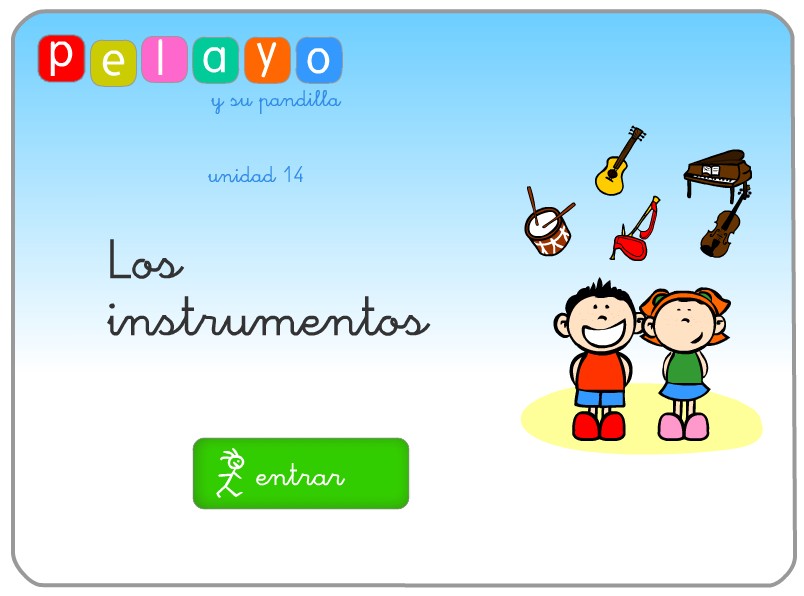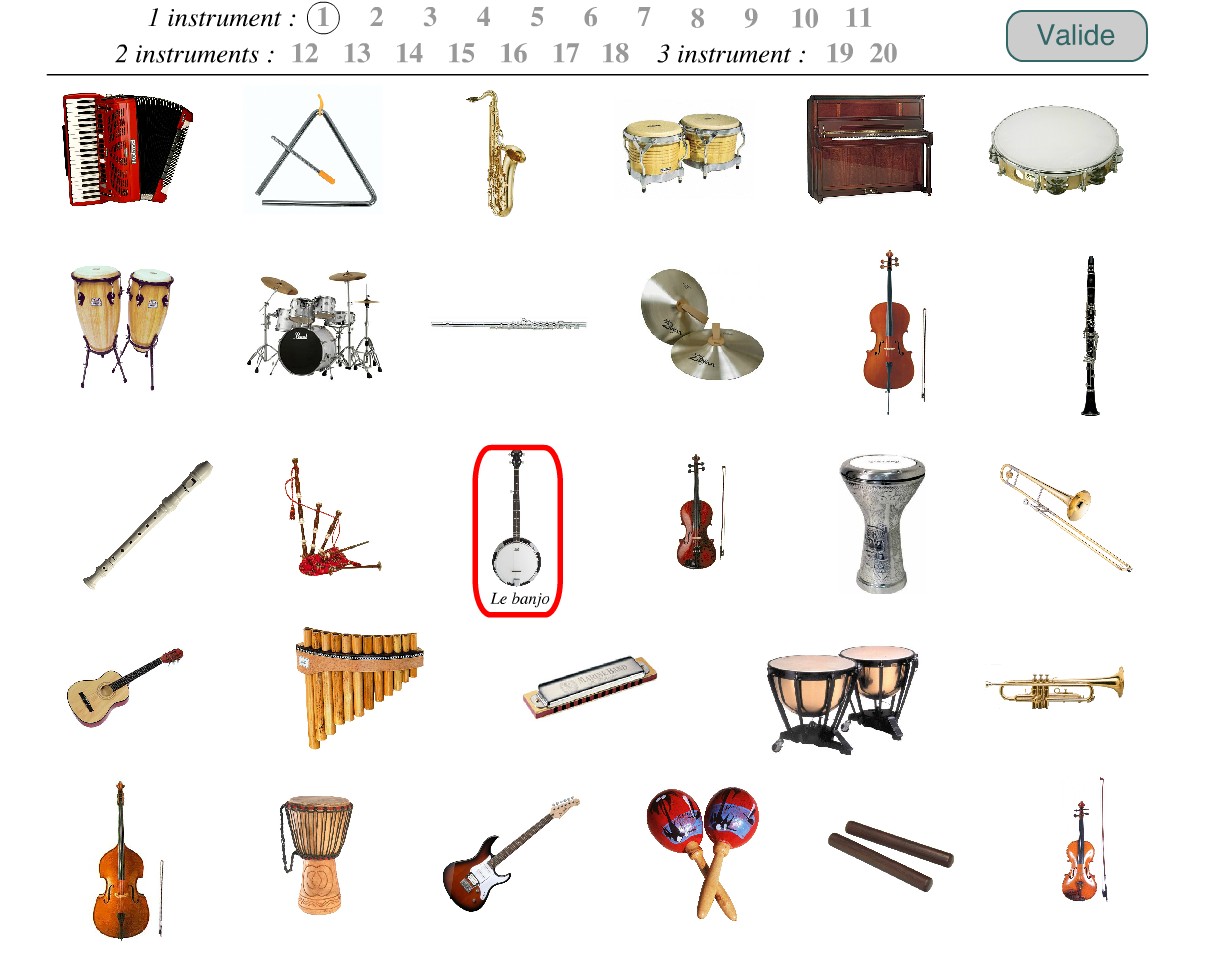

“I already play better than anyone else in school” (You should try to be the best player that you can be. “But I play every day in school” (That‘s not practicing, and it’s not enough to help you really improve.). It should be obvious why these are not good reasons to avoid practicing, but in case you need it spelled out, I’ve put a little advice after each crummy excuse: Here are a few excuses that I hear from time to time. Spend part of your practice time just making up your own music (improvising). Don't just look at the notes you are playing - try to see one or two measures at a time. Even when you are just playing scales, try to play with a good tone. Here’s a game I use with myself: When I’m learning something new, or fixing a problem, I tell myself that I have to get it right four times in a row before I can consider it learned.Īlways think about your tone when you practice. Play fun stuff, easy stuff, old stuff, or do some sight reading, for 10 or 15 more minutes. When you are satisfied that you have achieved your goal for the day, don’t stop just yet. Next, get down to business while you are fresh - learn something new - REALLY learn it. Here are some simple guidelines for a 30-minute practice session:įirst, warm up with something easy (5-10 minutes) If you are taking lessons, you should make your practicing cover these three things: 1) Review of your last lesson, applying what you learned 2) Preparation for your next lesson (i.e., your assignment), and 3) Anything else that you feel is important to you - or fun for you. Learning to play an instrument is a long-term project. Find a place to practice where you can concentrate - no TV, or anything else bothering or distracting you. Find a time of day that works for you, and stick to it. Try to practice every day, or nearly every day. If you try to play it too fast, you will make the same mistakes over and over, and you will get better at making those mistakes. When you are working on a difficult piece or section, don't try for a fast tempo until you are ready. Play it as slowly as necessary to eliminate the mistake, then gradually increase the tempo. When you identify a problem spot in a piece, turn that spot into an exercise. If you always try to focus to the best of your ability, you will actually get better at focusing! Part of good practicing is developing your ability to concentrate. Practice with your brain turned on and you will learn twice as fast. It’s fun to be good at something, and it’s fun to be constantly improving your skills. 

Only you can make yourself into a better and better player. Both students and parents should read it.įirst, here are some important basic principles that apply to all levels: The practice advice below is divided into three sections: Beginners (first and second year players), Middle School Age, and High School/Adult Players. However, most of these ideas apply to all instruments. I am a saxophone and clarinet teacher, so of course the advice here is directed especially at woodwind players. Your practice time will be twice as useful if you do it right - and that is the subject of this article.
#PRACTICA MUSICA INSTRUMENTS HOW TO#
But it’s important to know how to practice effectively. We all know that if you want to learn to play an instrument, you have to practice.







 0 kommentar(er)
0 kommentar(er)
